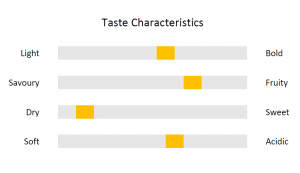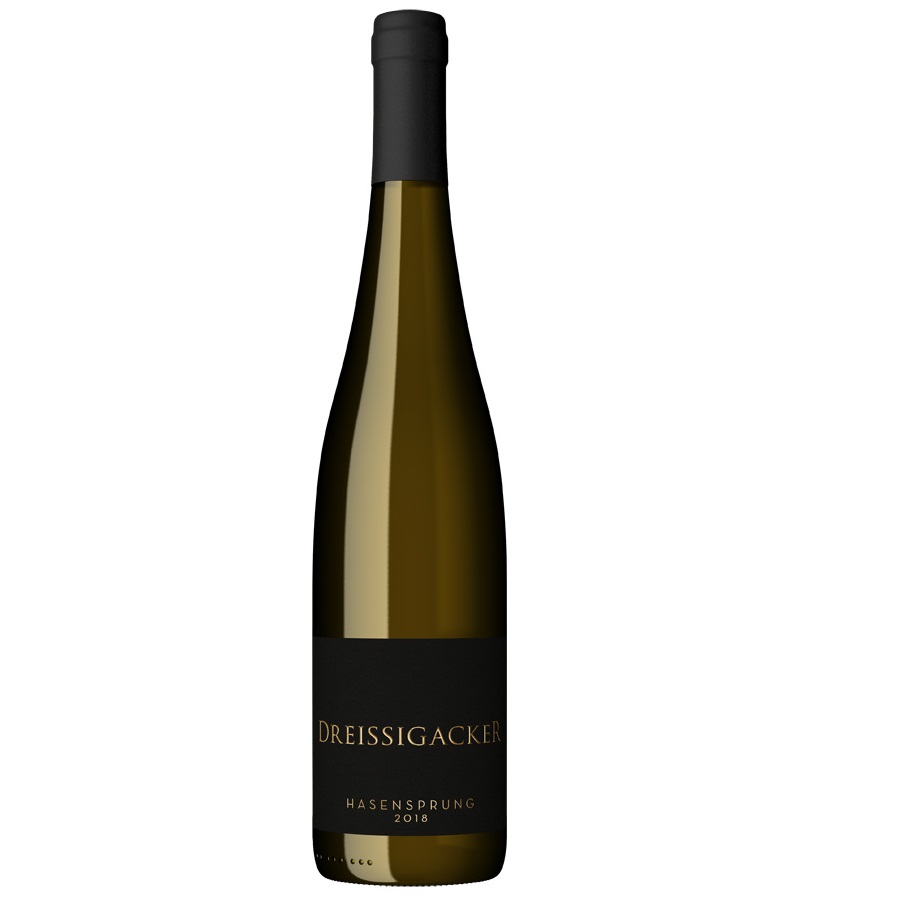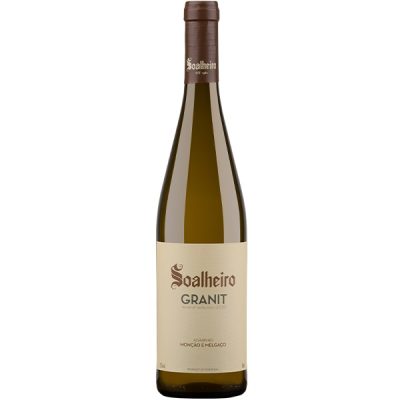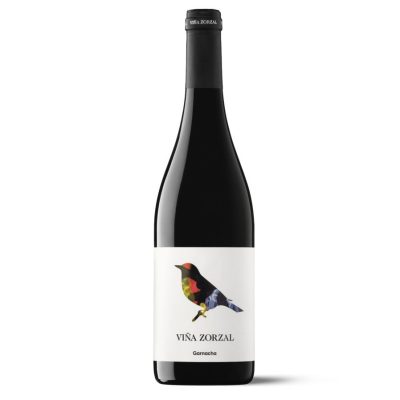Related products
Description
Wine
This vineyard in Bechtheim characterised by heavy clay based soil is in another south facing location & is the coolest but probably the most aromatic Riesling from the whole range. Frosts in April and hailstorms, especially in the Alzey-Worms district, were mainly responsible for a 20% lower harvest than the long-term average. Thus, weather was merciful during the extremely early harvest, after it had rained heavily shortly before. The mild weather with its cold nights helped many grapes on the home stretch to a good ripeness and much aroma.
Selectively hand-picked grapes, skin contact up to 70 hours and spontaneous fermentation in 20% wooden barrels & 80% stainless steel vats. Wine is left on its lees for a whole year. Pale yellow colour with green reflexes. Nose is very mineral with tasty pear and some earthy notes. Good structure on palate, again pear nuances, refereshing acidity, a creamy texture, and a long & complex finish. Certified Organic.
Region
Rheinhessen is a very famous wine region in Germany, located in the state of Rhineland-Palatinate. It is one of the country’s 13 official wine regions and is known for its rich winemaking history and high-quality wines. Rheinhessen is the largest wine-producing region in Germany, covering an area of approximately 26,500 hectares of vineyards.
Rheinhessen lies to the west of the Rhine River and is bordered by the Nahe wine region to the northwest and the Pfalz wine region to the south. The region’s landscape is characterized by gently rolling hills and a temperate climate that is influenced by the river.
Climate & Terroir
Spring in Rheinhessen tends to be cool, which can be challenging for the early growth of grapevines. Frosts can occur in spring, posing a risk to the young buds.
Summers in Rheinhessen are generally warm, allowing the grapes to ripen and develop their flavors. However, the presence of the Rhine River and its cooling effect helps to prevent extreme heat waves.
The region benefits from a relatively long growing season, allowing the grapes to reach full maturity. This extended ripening period contributes to the development of complex flavors and balanced acidity in the wines.
The region’s moderate climate with warm days and cool nights in autumn is particularly favorable for the late ripening grape varieties like Riesling. This combination helps the grapes retain acidity while achieving sufficient sugar levels, leading to the production of high-quality wines.
Ideal drinking temperature 11° Celsius.




